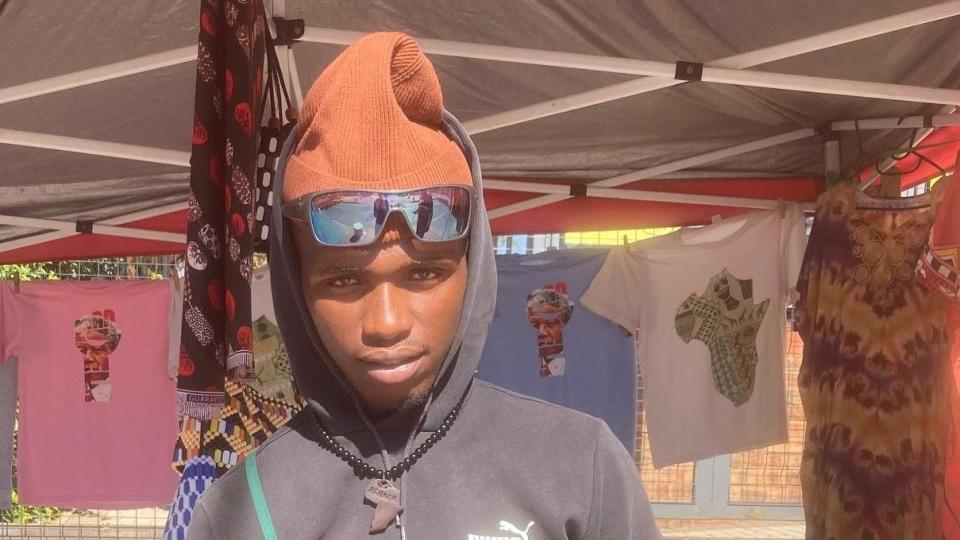South Africans are voting in the most crucial elections since the racist apartheid system ended in 1994.
More than 27 million people are registered to vote in a poll that highlights growing political fragmentation after 30 years of democracy.
A record number of 70 parties and 11 independents are contesting an election that will see South Africans vote for a new parliament and nine provincial legislatures.
“The huge growth of parties shows disillusionment with the old big parties or, cynics would say, people are looking for an opportunity to get into parliament and earn a pension,” political analyst Richard Calland told the BBC.
In power since anti-apartheid icon Nelson Mandela led it to victory at the end of white minority rule, the African National Congress (ANC) is seeking a seventh term.
Although it is confident of a “decisive victory”, opinion polls have consistently suggested that the party will lose its parliamentary majority for the first time, forcing it to enter a coalition with one or more opposition parties.
“We are entering the next phase of our democracy and it will be a huge transition,” Professor Calland told the BBC.
“Either we will become a more competitive and mature democracy, or our politics will become more fractured,” he added.
The campaign was dominated by widespread government corruption, overwhelmingly high levels of unemployment, especially among young people, deteriorating public services and rampant crime.
The main opposition, the Democratic Alliance (DA), signed a pact with 10 other parties, agreeing to form a coalition government if they win enough votes to dislodge the ANC from power.
But this is highly unlikely, with the ANC expected to remain the largest party, putting it in prime position to lead a coalition.
It obtained 57.5% of the vote in the last elections, compared to 21% for the DA.
Former President Jacob Zuma caused a huge shock when he announced in December that he was leaving the ANC to campaign for a new party, uMkhonto weSizwe (MK), which translates as Spear of the Nation.
Although he was barred from running for parliament due to a contempt of court conviction, his name will still appear on the ballot paper as MK leader.
Opinion polls suggest MK will get around 10% of the vote. He is expected to perform especially well in his home province of KwaZulu-Natal, where tensions have been high, with some incidents of violence reported during the campaign.
“Elections in KwaZulu-Natal can become very confusing – expect a lot of wrangling and contestation over the results,” Prof Calland said.
Women represent 55% of registered voters – around 15 million, according to statistics released by the electoral commission.
In terms of age group, voter registration is highest among those aged between 30 and 39. They represent almost seven million of the 26.7 million voters.
But, Professor Calland said, around 13.7 million eligible voters did not register, with the majority of them – eight million – under the age of 30.
“They have turned their backs on our young democracy. The assumption is that they have lost hope, feeling economically excluded and seeing no viable opposition,” he added.
This view was echoed by Keabetswe Maleka, 29, who lives in Soweto, which was the epicenter of a student uprising against apartheid in 1976.

In an interview with BBC Africa Daily podcast host Mpho Lakaje, he said he would not vote because of poor public services and because he is unemployed.
“I’m looking for a job. Nothing is happening,” he said.
Another Soweto resident, Mawela Rezant, 66, said she would definitely vote in the hope that the next government would tackle unemployment and crime.
“I hope to see our economy grow. I hope to see the police in full force,” she added.
Police and army have been deployed to polling stations across the country to ensure that voting takes place peacefully and that ballot papers are not stolen.




Go to BBCAfrica.com for more news from the African continent.
Follow us on Twitter @BBCAfricaon Facebook at BBC Africa or on Instagram at bbcafrica

































